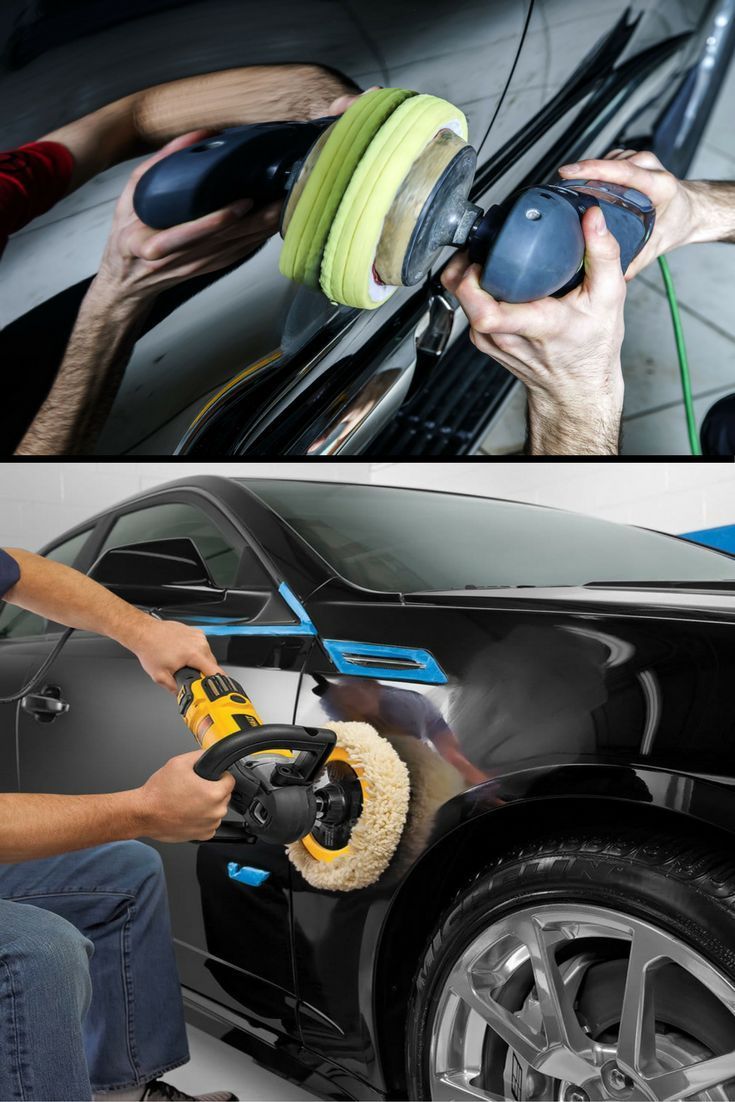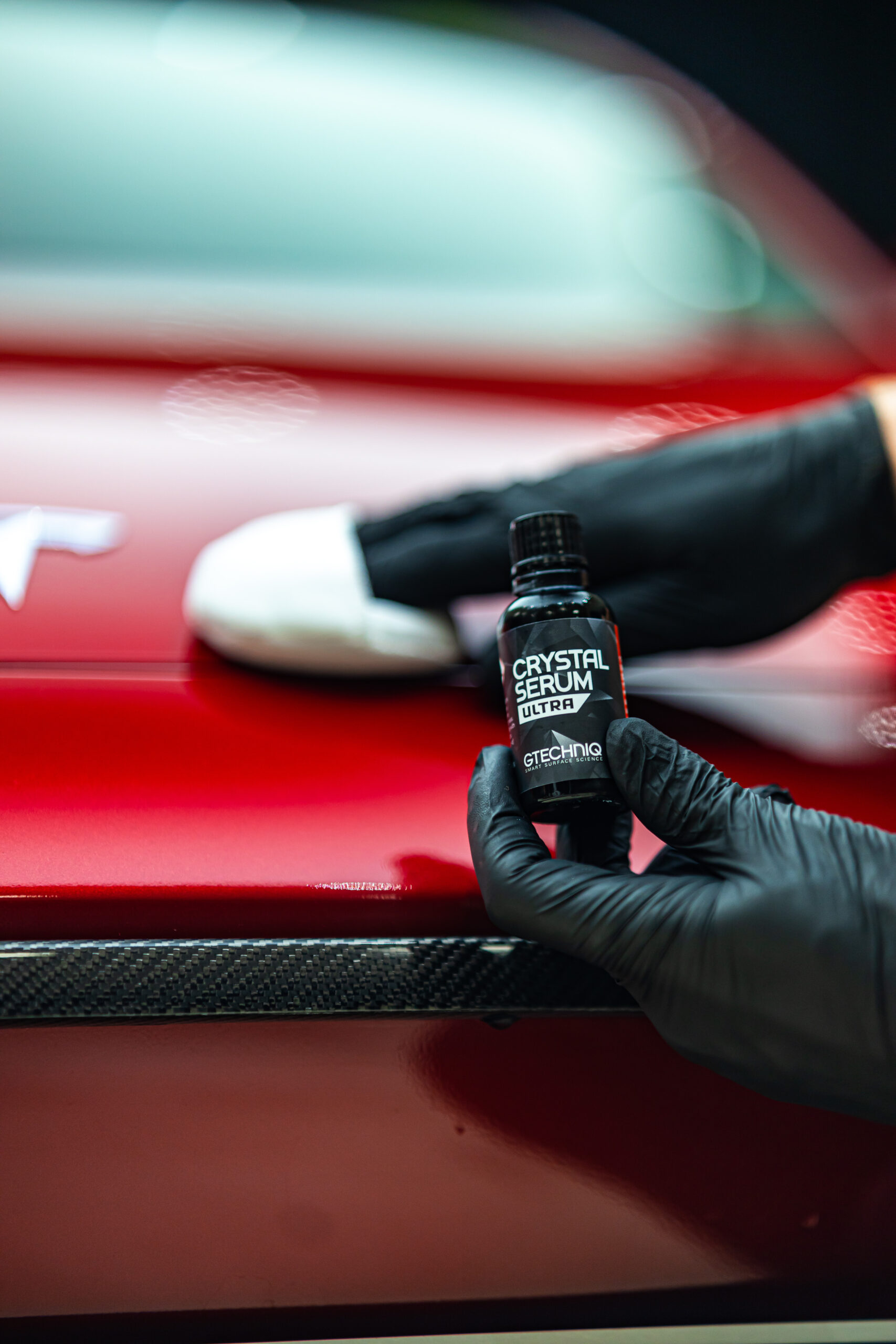Introduction
Your vehicle isn’t just a means of transportation; it’s an investment, a reflection of your personality, and for many, a source of pride. Over time, exposure to dirt, UV rays, contaminants, and regular wear can leave your car looking dull and neglected. That’s where detailing comes in.
Detailing goes far beyond a basic car wash. It’s a meticulous process designed to restore, protect, and enhance both the interior and exterior of your vehicle. In this blog, we’ll explore why detailing is so important, the benefits it offers, and how it goes beyond mere aesthetics to preserve your car’s condition and value the following is three major detgailing processes
- Exterior Detailing
- Engine Detailing
- Interior Detaiing
What Is Detailing?
Detailing is a comprehensive cleaning and reconditioning process that targets every nook and cranny of your vehicle. It involves both the interior and exterior, focusing on cleaning, restoring, and protecting various components. Professional detailing typically includes:
- Exterior Detailing: Washing, polishing, and waxing to restore the car’s shine, remove imperfections, and protect the paint.
- Interior Detailing: Cleaning and conditioning the upholstery, dashboard, carpets, and other interior surfaces.
- Engine Bay Cleaning: Cleaning the engine compartment to remove dirt and grease for better performance and longevity.
Detailing isn’t limited to cleaning—it often includes treatments like ceramic coating, paint correction, and fabric protection for long-term preservation.
Why Is Detailing Important?
1. Preserves Your Car’s Paint and Exterior
The exterior of your car is constantly exposed to harmful elements like dirt, bird droppings, tree sap, and UV rays. Over time, these contaminants can damage your paint, leading to oxidation, scratches, and discoloration.
How Detailing Helps:
- Washing removes contaminants that degrade the paint.
- Polishing eliminates swirl marks, scratches, and other imperfections.
- Waxing or applying ceramic coating adds a protective layer, shielding the paint from damage and giving it a long-lasting shine.
2. Maintains Your Car’s Resale Value
A well-maintained car fetches a higher resale price compared to one that looks neglected. Buyers are more likely to invest in a vehicle that looks and feels like new.
How Detailing Helps:
- Restores the car’s interior and exterior to near-new condition.
- Removes stains, odors, and blemishes that may deter potential buyers.
- Demonstrates that the vehicle has been well cared for, building buyer confidence.
3. Enhances Your Driving Experience
A clean, well-maintained car isn’t just visually pleasing; it also makes driving more enjoyable.
How Detailing Helps:
- A spotless interior free from dust and grime improves comfort.
- Clean windows and mirrors enhance visibility, improving safety.
- Fresh-smelling upholstery and carpets make every drive more pleasant.
4. Protects Against Long-Term Damage
Neglecting your vehicle’s cleaning and maintenance can lead to permanent damage. For example, stains on upholstery can set in, and dirt can cause paint to degrade.
How Detailing Helps:
- Protects fabrics and leather with conditioning treatments.
- Removes contaminants from the paint before they cause lasting harm.
- Prevents rust and corrosion by keeping the car clean and sealed.
5. Improves Safety
Dusty interiors, foggy windows, and dirty mirrors can hinder visibility and safety. Proper detailing ensures that your car is clean inside and out, enhancing your ability to drive safely.
How Detailing Helps:
- Cleaning windows and windshields removes smudges and streaks that impair vision.
- Ensures mirrors and lights are free from dirt, improving their effectiveness.
6. Saves Money in the Long Run
Regular detailing prevents damage that could lead to costly repairs. For example, addressing scratches early can prevent the need for a full repaint.
How Detailing Helps:
- Protects surfaces from wear and tear, extending their lifespan.
- Prevents stains and damage that would require expensive replacements.
- Keeps mechanical components like the engine bay clean, improving performance and reducing repair costs.
Key Components of a Professional Detailing Service
Exterior Detailing
- Washing: Thorough hand wash using pH-neutral shampoos to remove dirt and grime.
- Claying: Removes embedded contaminants that washing alone can’t eliminate.
- Polishing: Restores the paint’s shine by eliminating imperfections like swirl marks and oxidation.
- Protection: Wax, sealant, or ceramic coating to shield the paint from future damage.
Interior Detailing
- Vacuuming and Shampooing: Deep-cleaning carpets, seats, and floor mats to remove dirt and stains.
- Dashboard and Trim Care: Cleaning and conditioning plastic, vinyl, or leather surfaces.
- Glass Cleaning: Ensuring windows, windshields, and mirrors are streak-free.
- Odor Removal: Neutralizing bad smells using ozone treatments or interior sprays.
Engine Bay Cleaning
A clean engine bay not only looks great but also improves performance by removing grease and dirt that can interfere with mechanical components.

DIY vs. Professional Detailing
DIY Detailing
-
Pros:
- More affordable upfront.
- Allows you to care for your car on your schedule.
-
Cons:
- Requires time, effort, and the right tools.
- Results may not match professional standards.
Professional Detailing
-
Pros:
- Access to advanced tools and products.
- Expertise in paint correction, stain removal, and other intricate tasks.
- Comprehensive service for superior results.
-
Cons:
- Higher upfront cost.
How Often Should You Detail Your Car?
The frequency of detailing depends on factors like your driving habits, environment, and personal preferences. However, a general recommendation is:
- Full detailing: Every 4–6 months.
- Maintenance detailing (washing, waxing, vacuuming): Monthly.
Regular detailing not only keeps your car looking great but also ensures long-term protection and performance.
Detailing is more than just a luxury service—it’s an essential part of vehicle care. From protecting your paint to enhancing your driving experience, detailing offers a wide range of benefits that go far beyond aesthetics. Whether you choose to do it yourself or hire a professional, regular detailing ensures your car stays in top condition for years to come.
By investing in detailing, you’re not only preserving your car’s value but also ensuring it looks and feels its best every time you hit the road. Don’t wait for your car to show signs of wear—start a regular detailing routine today and experience the difference for yourself.





1 Comment
Your comment is awaiting moderation.
Listen, ak888slot got all the hottest slots! I’ve hit some big wins here. The site’s easy to use too, which is a major plus. Go get yours: ak888slot
Your comment is awaiting moderation.
Bulsbet’s alright. The selection of games is pretty good. Could use some more promos though. Give it a shot and see what you think: bulsbet
Your comment is awaiting moderation.
Spotted 88nn01 online. Not sure what it is, could be interesting! Has anyone used it before? Share your thoughts! Worth a look: 88nn01
Your comment is awaiting moderation.
weed delivery near me available online
Your comment is awaiting moderation.
weed delivery 24 7 online availability
best